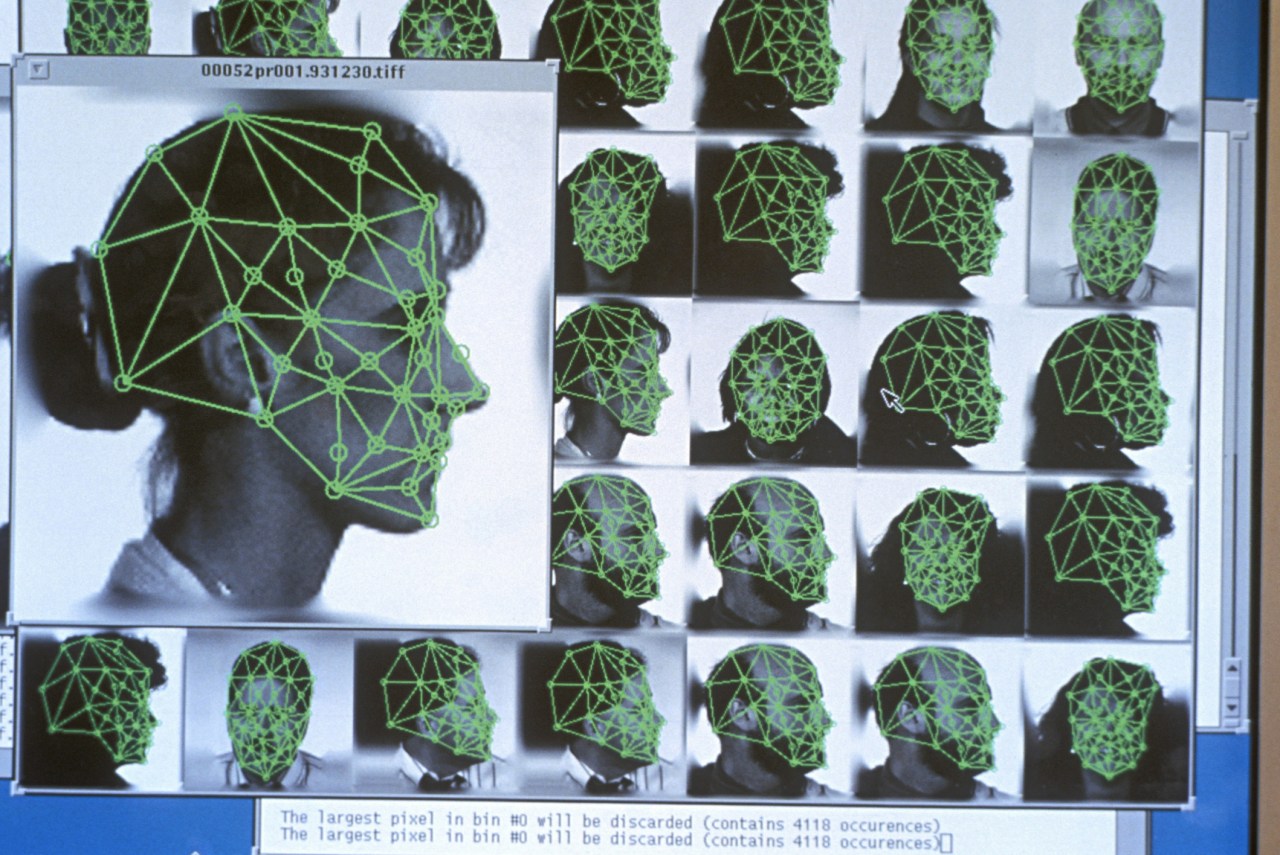In the rapidly evolving world of artificial intelligence, few topics generate as much debate as facial recognition technology, particularly within the context of law enforcement. Striking a balance between effective policing and ethical considerations is paramount. Recently, Axon—a renowned maker of police body cameras—has garnered attention for its decision to refrain from incorporating facial recognition into its products, at least for the present. This decision comes after insights from its AI and Policing Technology Ethics Board, which raises critical questions about the implications of such technology in everyday law enforcement.
The Ethical Dilemma of Facial Recognition
Axon’s journey into the realm of policing technology is a story of evolving responsibility. As facial recognition continues to develop and penetrate various facets of life, the inherent risks associated with its misuse necessitate careful scrutiny. The Ethics Board, composed of experts from diverse fields, recently articulated a unanimous stance: the potential hazards of facial recognition outweigh the prospective benefits—at least for now.
- Privacy Concerns: Individuals, including everyday citizens, express increasing concern over their privacy in public spaces, raising red flags about widespread surveillance.
- Systemic Biases: Evidence of bias in facial recognition algorithms, particularly against minorities, poses ethical questions about fairness and justice in law enforcement.
- Technological Limitations: Current technological capabilities may not guarantee accuracy or reliability, which is imperative in a sphere that often determines lives and reputations.
What is the Difference between Face Recognition and Face Matching?
Understanding the nuance between face recognition and face matching is crucial. While the terms are often used interchangeably, they signify different processes with varied implications:
- Face Recognition: This refers to detecting facial features in a video stream or image. Common applications include smartphones that adjust camera focus.
- Face Matching: This involves comparing the detected face against a database to ascertain identity—think of unlocking your phone using facial features or law enforcement efforts to identify suspects.
Axon is currently utilizing a form of video processing that helps manage the extensive footage captured by body cameras, specifically blurring out faces not directly involved in incidents for privacy considerations. This capability remains in the research phase, indicating that although not commercialized, the company is cautiously innovative.
A Commitment to Best Practices
Axon’s commitment to honing and refining AI technologies shows that the company is not entirely dismissing facial recognition. Instead, they recognize the need for stringent ethical guidelines and continually evolving best practices. By promoting transparency and accountability, they position themselves as responsible stakeholders in the broader context of AI in policing. The dialog initiated by the Ethics Board is a reflection of this conscientious approach, urging Axon and the industry to prioritize responsible advancement.
The Future of Facial Recognition in Law Enforcement
As law enforcement agencies increasingly look towards AI solutions, the importance of oversight cannot be understated. With Axon’s public commitment to pausing facial recognition deployment, a challenging yet necessary conversation emerges about regulating this technology.
As technology continues to advance, companies like Axon will undoubtedly revisit facial recognition, equipped with insights into its impacts on society. Such cautious optimism fosters a collaborative approach, where both technologists and lawmakers work toward frameworks that protect individual rights while enabling effective policing.
Conclusion
In essence, Axon’s decision to postpone the use of facial recognition within its body camera systems reflects a growing awareness of both the potential applications and the ethical complexities surrounding this technology. Their proactive stance to engage with an ethics board highlights the significance of dialogue in the technology sector. As we move forward, the conversation surrounding facial recognition will likely deepen, pushing both developers and lawmakers to create a balance that respects privacy while enhancing public safety.
At fxis.ai, we believe that such advancements are crucial for the future of AI, as they enable more comprehensive and effective solutions. Our team is continually exploring new methodologies to push the envelope in artificial intelligence, ensuring that our clients benefit from the latest technological innovations. For more insights, updates, or to collaborate on AI development projects, stay connected with fxis.ai.

